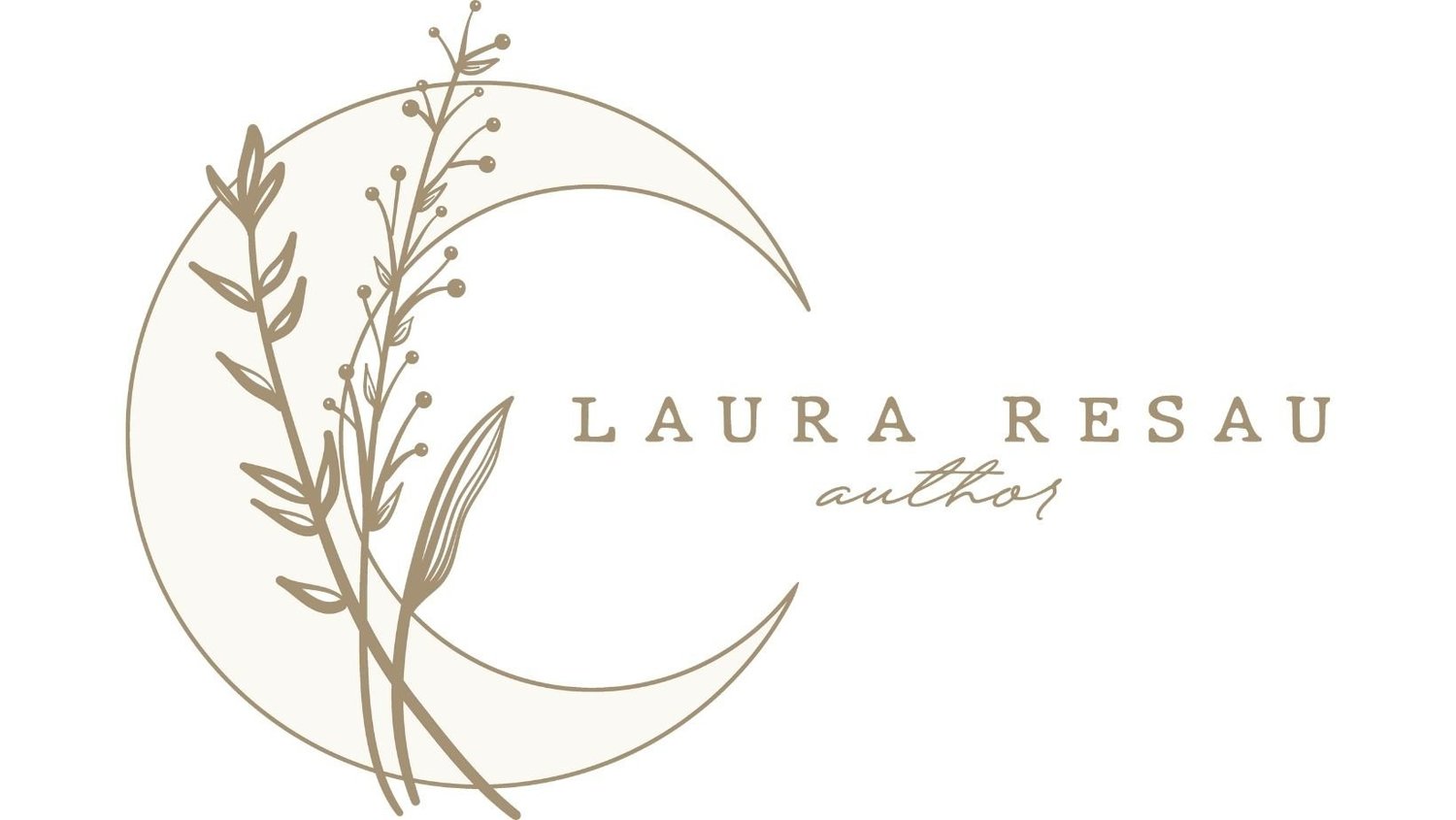Very, very weird. Vegas is such an artificial place-- it seems designed to keep you trapped indoors, far away from fresh air and daylight.
I was there for the NCTE (National Council of Teachers of English) conference a few days ago. The people part was great-- Random House editors and sales folks, authors I adore, enthusiastic teachers and librarians, my wonderful agent.
Loved the workshop I was part of-- Social Justice and Kids/Teens Literature. I gave a talk about The Queen of Water and was on a panel, *and* I got to listen to other authors' speeches and teachers' ideas/reflections. Fascinating. Made me miss teaching! And I came home with a suitcase of free books!
But I gotta say, I was really, deeply craving fresh air and sunshine. I'm the kind of person who goes on a long walk in the woods every day, and I spend my indoor time near lots of windows where I bathe in the sunshine like a lizard. I came home late from Vegas and the next morning I practically ran to my favorite trails by the river and gulped in the sweet woodsy air. Ahhh.
Hope you had a lovely Thanksgiving. We had old friends stay with us-- lots of little boy energy and firetruck play (I counted six firetrucks at one point.)
I'm itching to get back to writing-- I took a week off for these various adventures, and man oh man, do I want to get back into my book-in-progress. (I'm about 2/3rd through a first draft.)
That will have to wait till Monday though. Life at the moment revolves around Lil Dude, whom I'm about to bathe right now.
Happy weekend,
Laura
I was there for the NCTE (National Council of Teachers of English) conference a few days ago. The people part was great-- Random House editors and sales folks, authors I adore, enthusiastic teachers and librarians, my wonderful agent.
Loved the workshop I was part of-- Social Justice and Kids/Teens Literature. I gave a talk about The Queen of Water and was on a panel, *and* I got to listen to other authors' speeches and teachers' ideas/reflections. Fascinating. Made me miss teaching! And I came home with a suitcase of free books!
But I gotta say, I was really, deeply craving fresh air and sunshine. I'm the kind of person who goes on a long walk in the woods every day, and I spend my indoor time near lots of windows where I bathe in the sunshine like a lizard. I came home late from Vegas and the next morning I practically ran to my favorite trails by the river and gulped in the sweet woodsy air. Ahhh.
Hope you had a lovely Thanksgiving. We had old friends stay with us-- lots of little boy energy and firetruck play (I counted six firetrucks at one point.)
I'm itching to get back to writing-- I took a week off for these various adventures, and man oh man, do I want to get back into my book-in-progress. (I'm about 2/3rd through a first draft.)
That will have to wait till Monday though. Life at the moment revolves around Lil Dude, whom I'm about to bathe right now.
Happy weekend,
Laura










